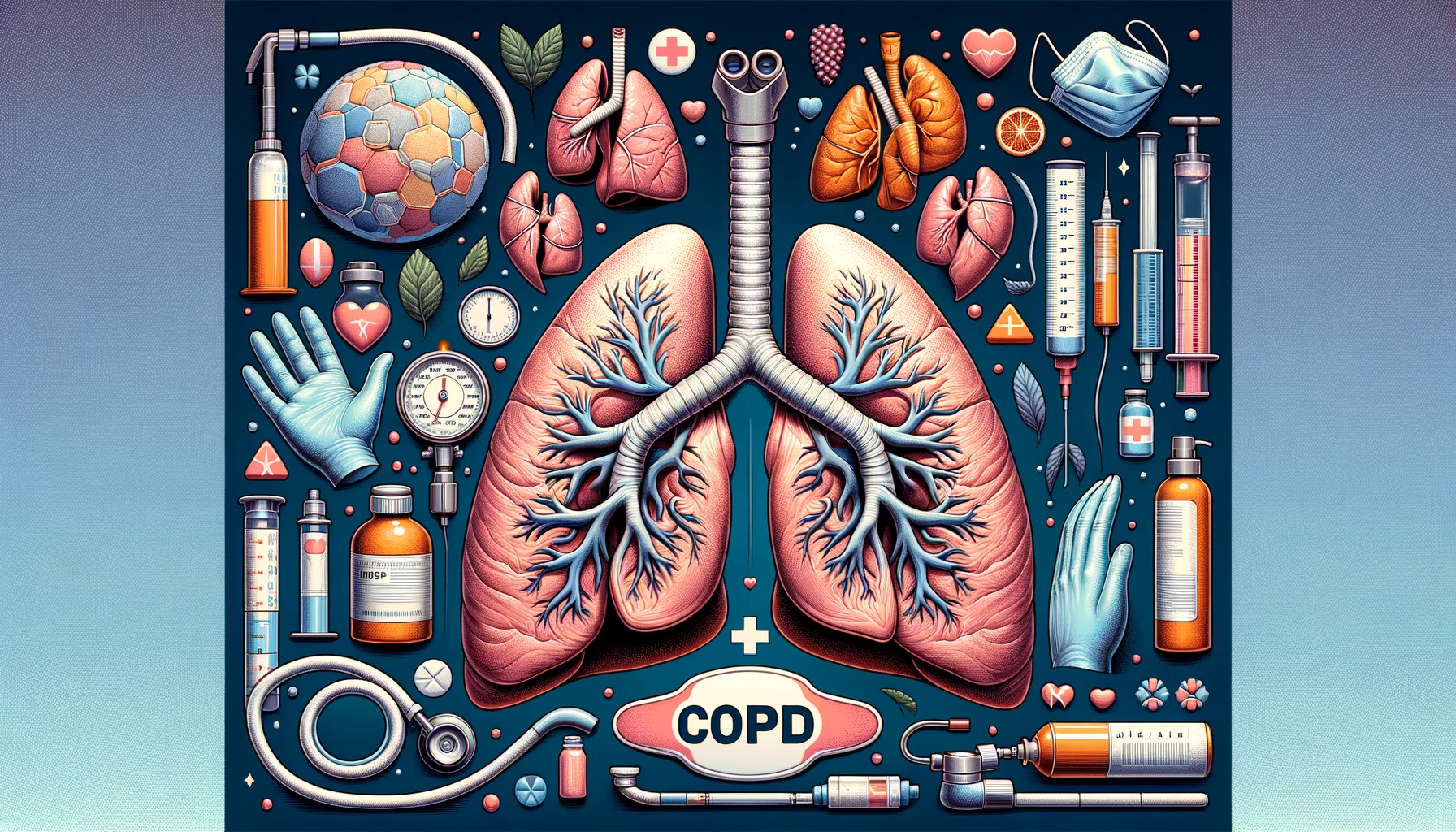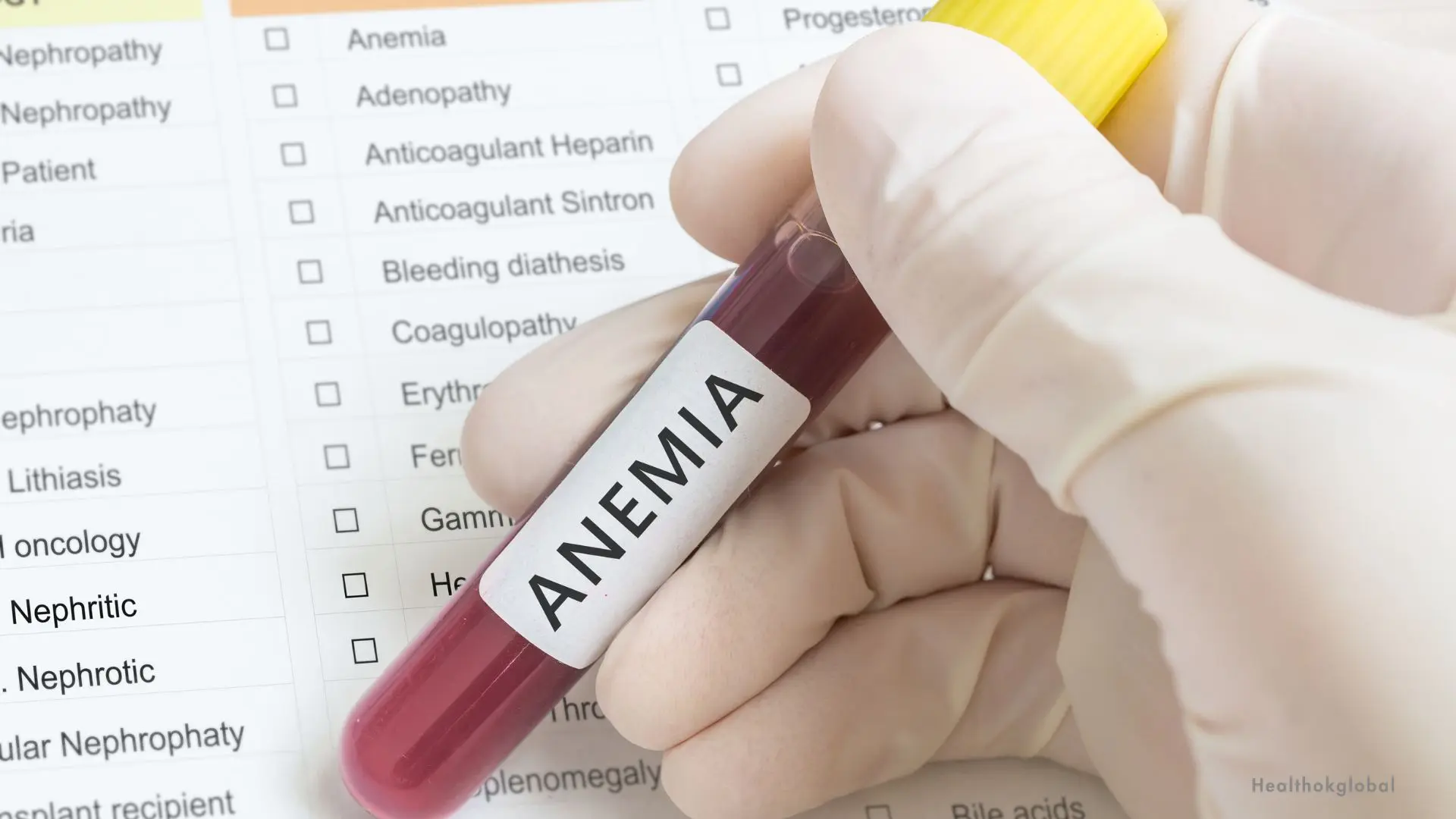Blood pressure, a critical health indicator, fluctuates throughout the day due to various factors.

Blog
Unraveling the Mystery: Is BP High in the Morning?
Blood pressure, a critical health indicator, fluctuates throughout the day due to various factors. Many people notice their blood pressure is higher in the morning, a phenomenon that has intrigued scientists and healthcare professionals alike. This comprehensive guide explores the reasons behind morning blood pressure spikes, their health implications, and effective management strategies.
Before diving into morning blood pressure dynamics, it's essential to understand what blood pressure is. Blood pressure measures the force of blood against the walls of arteries as the heart pumps it around the body. It's denoted by two numbers: systolic (pressure during heart beats) and diastolic (pressure between beats)
Our bodies operate on a circadian rhythm, a natural, internal process regulating the sleep-wake cycle, repeating roughly every 24 hours. This rhythm also influences blood pressure, which typically dips at night and rises upon waking.
Several factors contribute to higher blood pressure readings in the morning:
Levels of certain hormones, such as cortisol and adrenaline, naturally increase in the early hours to help wake the body, which can also raise blood pressure.
The lack of movement during sleep leads to decreased demand on the heart, causing blood pressure to increase when activity resumes.
Poor sleep or sleep disorders like sleep apnea can affect how blood pressure behaves overnight and upon waking.
Recognizing and addressing high morning blood pressure is crucial due to its association with an increased risk of cardiovascular events, such as heart attacks and strokes, particularly in the early hours of the day.
Effective management strategies can mitigate the risks associated with high morning blood pressure:
Keeping track of blood pressure readings at different times, especially in the morning, can help identify patterns and potential health issues.
Engaging in regular physical activity, maintaining a healthy diet, and ensuring quality sleep can help regulate blood pressure.
Some healthcare professionals may recommend timing blood pressure medication to address morning highs specifically, but this should only be done under medical advice.
The question Is BP high in the morning? opens up important discussions about blood pressure management and cardiovascular health. Understanding the reasons behind morning blood pressure spikes and implementing strategies to manage them can play a significant role in maintaining overall health and reducing the risk of cardiovascular diseases. As with any health concern, consultation with healthcare professionals is essential for personalized advice and treatment.
Our bodies operate on a circadian rhythm, a natural, internal process regulating the sleep-wake cycle, repeating roughly every 24 hours. This rhythm also influences blood pressure, which typically dips at night and rises upon waking.
Before diving into morning blood pressure dynamics, it's essential to understand what blood pressure is. Blood pressure measures the force of blood against the walls of arteries as the heart pumps it around the body. It's denoted by two numbers: systolic (pressure during heart beats) and diastolic (pressure between beats)
Several factors contribute to higher blood pressure readings in the morning:
Need Personalized Health Guidance?
Get expert advice tailored to your specific health needs from our qualified healthcare professionals.





